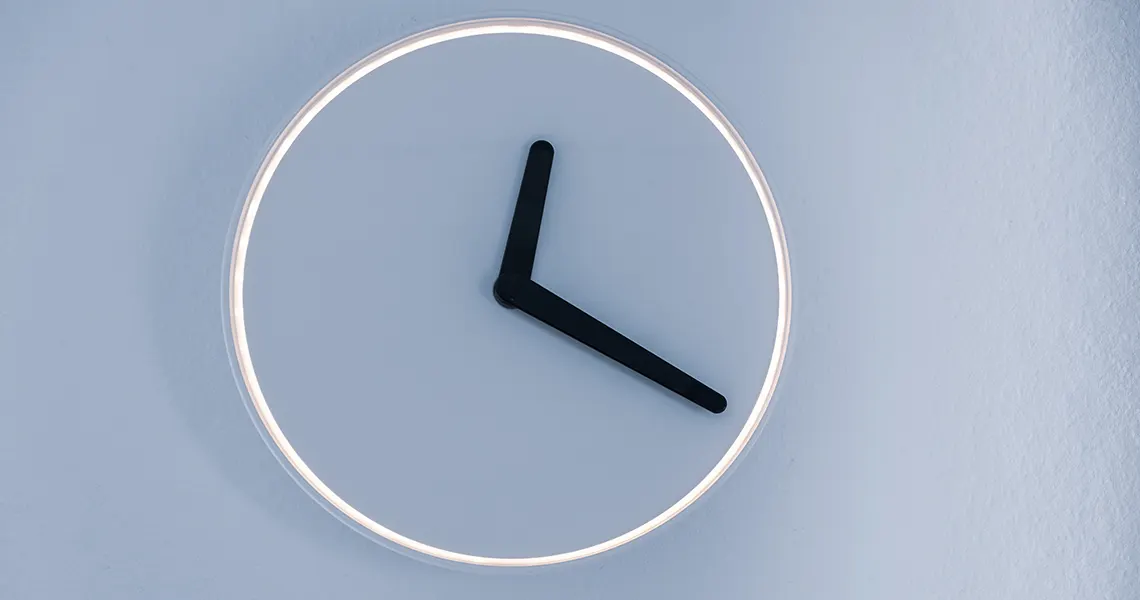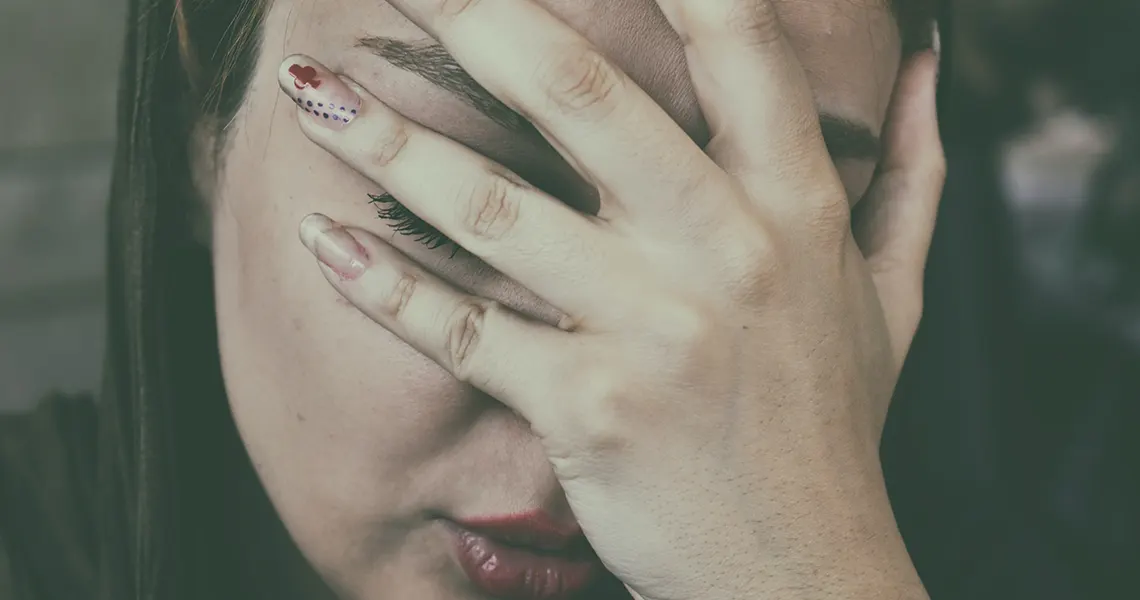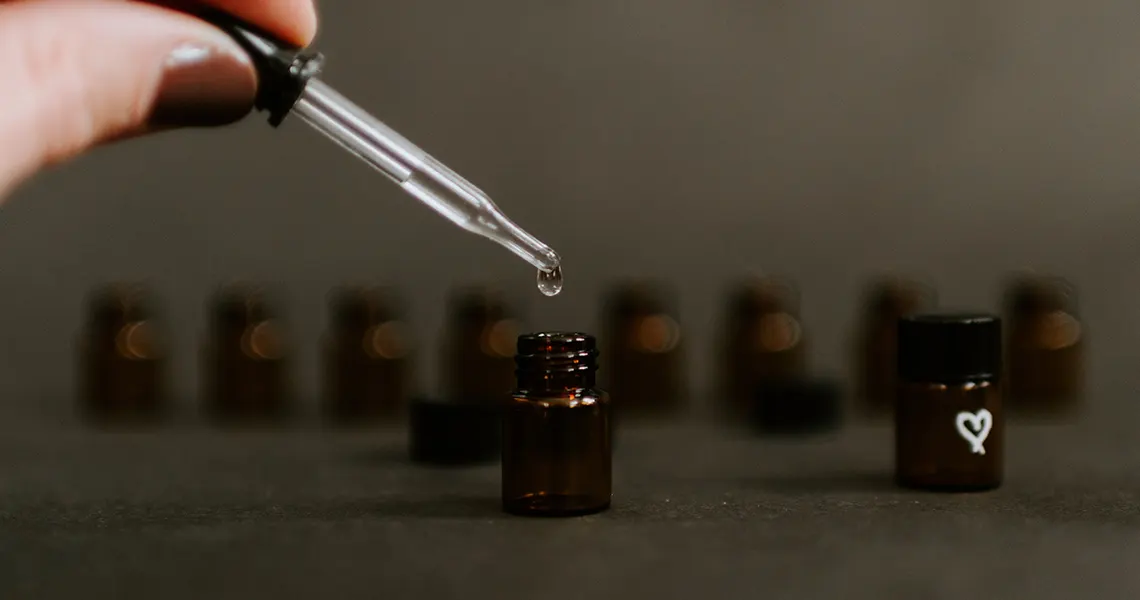
Some basics on CBD treatments
CBD treatments are as popular as they are divisive. On the one hand, studies have identified various potential therapeutic benefits of the compound. On the other, it’s clear there are huge gaps in our knowledge about how the treatment functions and how effective it really is.
For those researching CBD as a potential treatment, one of the chief concerns is the overall efficacy of it and how long the effects of CBD, both positive and negative, tend to last.
There are a few standard guidelines here, but much of this is down to the individual, as we’ll soon explore. The most important factor when considering alternative treatments is an in-depth discussion with your doctor. Only they can decide if the treatment is right for you, which product is most suitable and what your correct dosage would be.
A few key points on how long CBD lasts:
- this is prone to differ from person to person
- different CBD products may take longer to kick in than others
- the presence of THC may extend the effects of CBD.
Anyone considering CBD should also understand as much as they can about exactly what it is, how it functions and what primary options are available to the consumer.
What is the CBD treatment?

CBD references a compound produced by the hemp and cannabis plants. We call this compound cannabidiol (CBD). It’s one of over 100 compounds these plants produce in their resins.
Cannabidiol is:
- taken from the leaves, stalks and stems of either cannabis or hemp
- prescribed by doctors to treat the symptoms of numerous conditions
- believed to assist in maintaining bodily balance via the endocannabinoid system.
This system packages and delivers chemical messages between the brain and the peripheral and autonomic nervous systems. These are picked up by CB1 and CB2 receptors which bind themselves to various cells and initiate certain responses from these cells.
As mentioned, this system contributes to bodily balance or ‘homeostasis.’
It does so by helping to regulate:
- digestion
- immune response
- learning and memory
- pain and inflammation
- sleep
- body temperature.
The extent to which cannabidiol assists this process has yet to be confirmed.
It’s also worth noting that CBD can cause a number of mild negative side effects. These range from increased paranoia and anxiety to headaches, nausea and dry mouth.
Some consumers may be significantly more sensitive to the effects of THC, which most CBD products contain. Speak to your doctor about including or cutting THC from your treatment.
How long does CBD last for?

There’s no definitive answer on how long cannabidiol lasts. Depending on the dosage and your own body, you might feel the effects of cannabidiol for anything from 2 – 8 hours.
Again, this is largely dependent on your own physiology, the condition you’re treating and the type of CBD product you’ve chosen. When speaking to your doctor about cannabidiol, there are several factors they’ll want to consider.
These include your:
- medical history
- other medications you may be taking
- sex
- condition
- weight
- age
- height
These factors affect both how long cannabidiol lasts, how quickly it kicks in and what kind of dosage is most suitable for treating your symptoms.
Generally, medical professionals recommend beginning with very small doses. This could be as low as 5 mg to 25 mg. CBD oils, for instance, usually contain around that much cannabidiol per drop, making the dosage easier to gauge than, say, vapes or topical creams.
From there, it can take anywhere from 15 minutes to an hour to feel the effects. This is dependent on the type of CBD products you’ve chosen. Edibles take a long time, for instance, because they need to pass through our digestive systems. CBD oils bypass this by being taken under the tongue and absorbed straight into the bloodstream.
How long does a CBD high last?

The idea that all cannabidiol products cause a ‘high’ is a popular misconception. This is caused by the compound’s association with THC (delta-9-tetrahydrocannabinol). This is another compound derived from the hemp and cannabis plants. The primary difference is that THC is psychoactive.
In other words, this is the plant compound known for the intoxicating ‘high’ it induces.
Most importantly, not all cannabidiol products contain THC. Here’s what you need to know:
- full-spectrum CBD contains up to 0.3% THC and is made from the entire plant.
- broad-spectrum CBD may contain trace amounts of THC and other cannabinoids.
- isolate CBD products strictly contains only CBD and no other cannabinoid.
Generally, no CBD products contain enough THC to induce the level of high associated with cannabis usage. However, as previously mentioned, some consumers may be particularly sensitive to the substance. That said, you would likely need to reach some extreme doses to get such a feeling.
What is worth noting are the potential effects of including THC in your treatment.
There is research to indicate that CBD and THC may boost each other’s potential benefits. Scientists call this phenomenon ‘the entourage effect.’
However, as is typical in this field, the results are a mixed bag. Other experts have suggested that THC may reduce the efficacy of cannabidiol, while others have indicated that CBD itself may dull the effects of certain prescription medications.
Answering how long CBD lasts
The effects of CBD products take anywhere from 2 – 8 hours to halt completely. Naturally, this is dependent on your body, condition, dosage and the type of CBD products you’re taking.
As some are more sensitive to THC, those taking regular high doses of full-spectrum products may feel the effects somewhat more significantly and for a longer time. That said, both the positive and negative side effects are relatively mild.
Most doctors advise starting with small doses of around 5 – 25 mg in order to carefully note the effects before increasing or decreasing the treatment.
The most important takeaway should be the importance of discussing all of this with your doctor. You’ll need to lean heavily on their expertise in order to begin and maintain the treatment safely and optimally.
